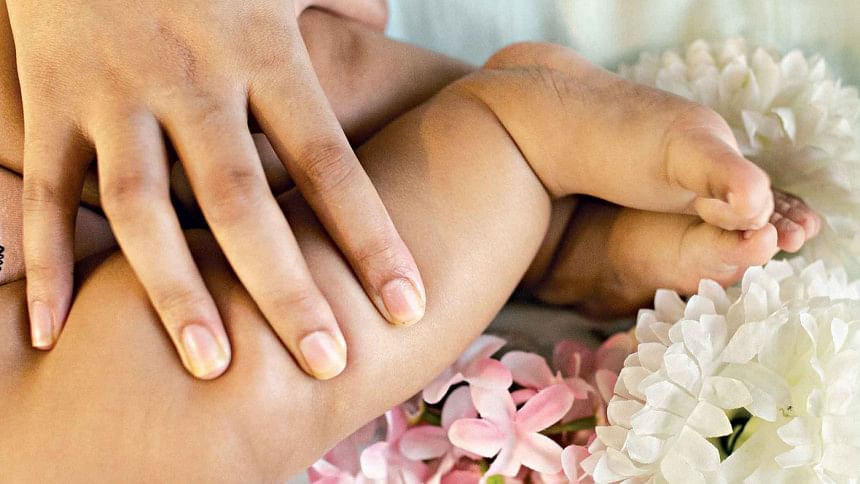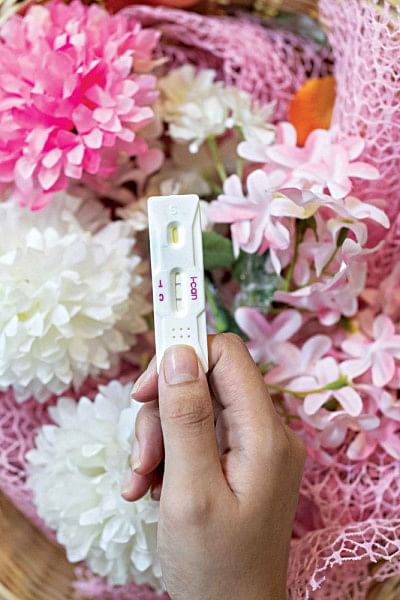Is post-partum depression real?

These changes in classification do not make post-partum depression unreal at all. This mental condition, although rare, does exist. Current protocol is to record it as a depressive episode, which is commonly part of Unipolar and sometimes part of Bipolar illness. This attempt by DSM to regroup previously called post-partum depression under another umbrella term is probably an acknowledgement of its close similarity to mood disorder and lack of enough reasons to give it a separate entity. Eventually, this is supposed to guide clinicians to investigate and acknowledge the complexity and intersectionality of this mental health condition.
Like any other evolving field of health science, mental health diagnosis also constantly changes based on new research findings to ensure evidence-based service and quality of comprehensive care. Scope and practice of psychiatry have been rapidly expanding with the use of newer assessment tools developed with the help of latest knowledge, experience, and statistical data gathered in the clinical field.

Baby blue or maternity blue (feeling moody, vulnerable, stressed for a few days after childbirth) is far more common than post-partum depression across the world. Women who experience more severe symptoms (e.g. sadness, fatigue, restlessness, agitation, difficulty in making decisions etc.) which impact their daily functioning level, are at higher risk of developing post-partum depression and are also likely to have depressive illness outside the context of childbirth.
There are psychological, social, and biological causes of depression. New mothers with genetic predisposition to depression become more susceptible to it because of childbirth-related hormonal (e.g., oestrogen, progesterone, thyroid hormones etc.) changes. Chronic stress (which eventually affects stress circuit of brain and body) of family dysfunction, additional caregiving role, lack of respite care and financial hardship etc. can make things even worse. Depressive episodes in post-partum period is found to be independent of number of childbirth or previous history of it.
It would be worth exploring any history of domestic violence, marital discord, if the baby was wanted or not, history of complications related to pregnancy and childbirth, or if the baby is of special need etc. to chalk out a comprehensive treatment plan.
Psychotherapy is often recommended to address underlying psycho-social issues to restore mental health. Addressing any underlying attachment trauma or self-esteem issues, focusing on stress management skills, exploring self-care options etc. might be useful. Organising a "circle of care" composed of family members, neighbours, friends, and professionals might be necessary to ensure proper child-care. It is also important to remember that physical health and nutrition of mother often gets neglected in a stressful family environment. Treatment plan might include prescribing antidepressants after a proper assessment.
Photo courtesy: Mere

 For all latest news, follow The Daily Star's Google News channel.
For all latest news, follow The Daily Star's Google News channel. 



Comments